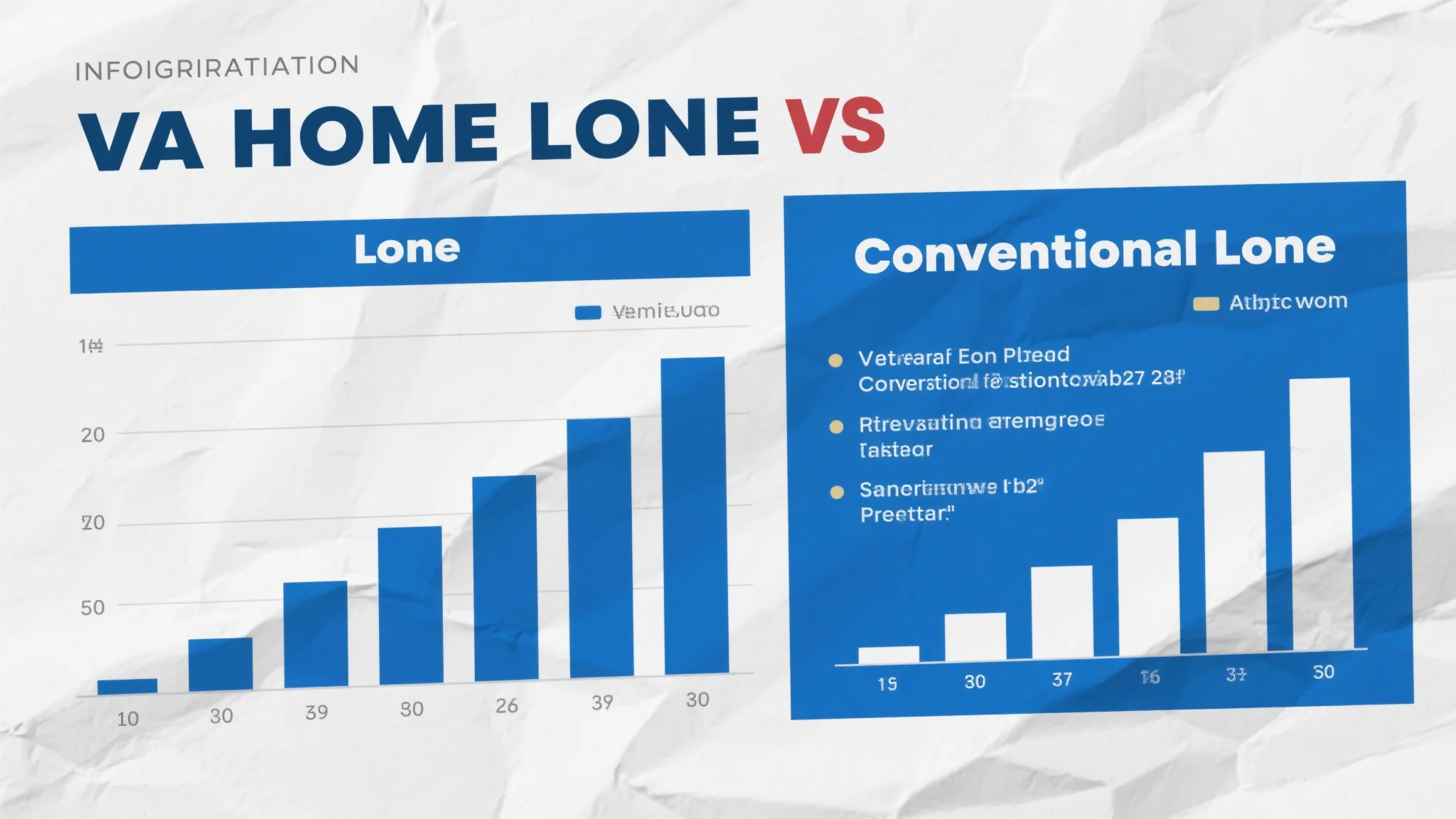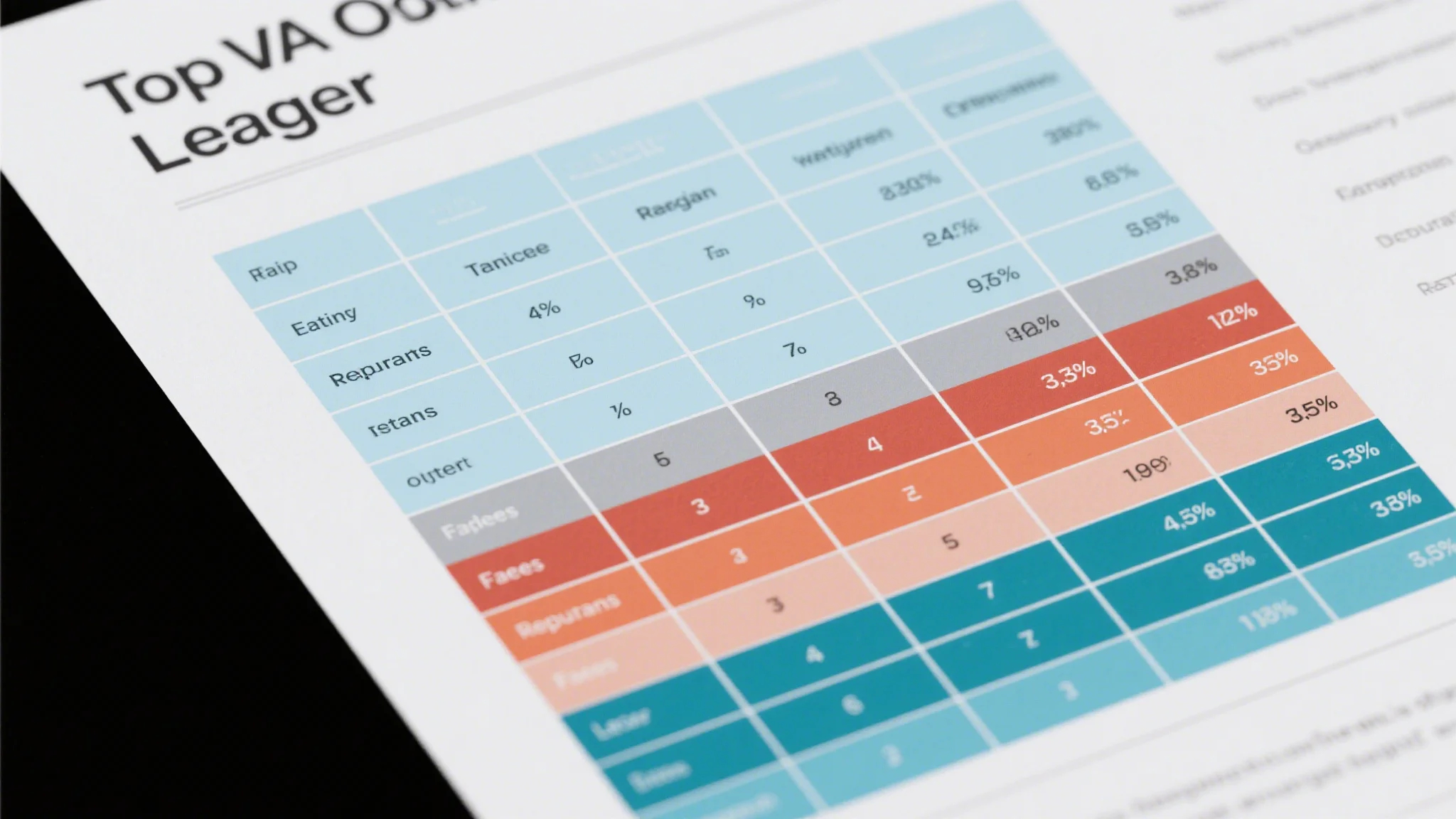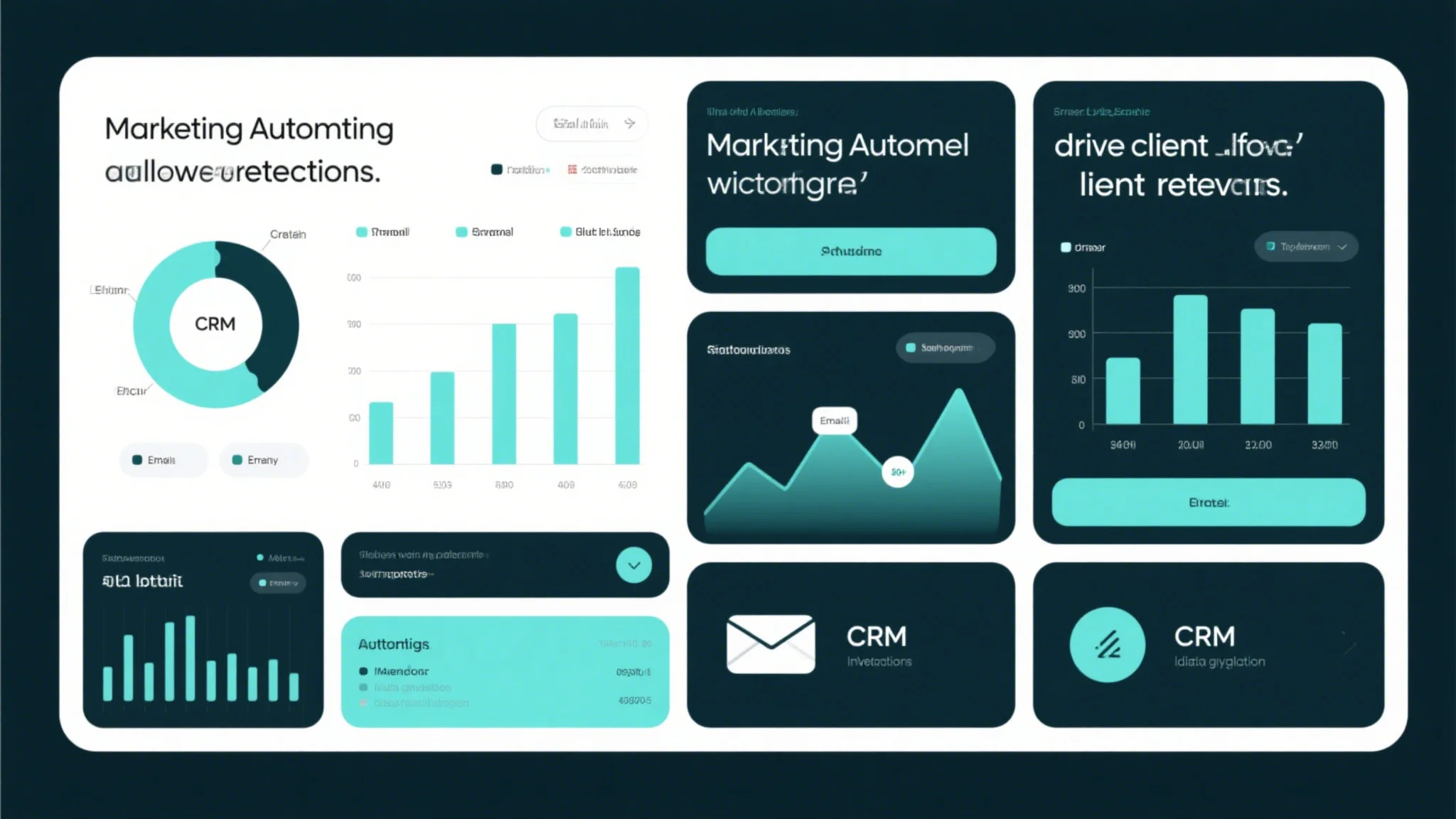Are you considering pursuing an online degree but unsure where to start? With so many online degree programs available, it’s essential to choose one that is fully accredited to ensure quality, credibility, and career opportunities. This article will guide you through the process of selecting a reputable online degree program, covering key factors like accreditation, institution reputation, program structure, and more. Whether you’re aiming for a bachelor’s, master’s, or doctoral degree, this comprehensive guide will help you make an informed decision.

Understanding the Importance of Accreditation and Program Structure
In recent years, online education has exploded in popularity, offering students flexibility, convenience, and access to world-class education from the comfort of their homes. However, not all online degree programs are created equal. To ensure that your investment in an online degree yields the desired results, it’s crucial to choose a program that is fully accredited. Accreditation is a mark of quality and credibility, ensuring that the program meets rigorous academic standards set by recognized accrediting agencies.
But what exactly does accreditation mean? Accreditation is a process where an educational institution or program is evaluated by an external organization to ensure it meets specific standards of quality. In the context of online degree programs, accreditation ensures that the program is not only academically rigorous but also provides a learning environment that prepares students for successful careers. Accredited programs are also more likely to be accepted by employers and other educational institutions, making them a safer and more worthwhile investment.
When selecting a fully accredited online degree program, the first step is to research the institution offering the program. Look for schools that are accredited by well-known accrediting agencies, such as the Council for Higher Education Accreditation (CHEA) or the Accrediting Council for Independent Colleges and Universities (ACICS). These agencies evaluate institutions based on factors like faculty qualifications, curriculum quality, student support services, and graduation rates. A program that is accredited by a reputable agency gives you peace of mind knowing that it has been thoroughly vetted.
Another critical factor to consider is the program’s structure. Online degree programs vary widely in terms of format, duration, and flexibility. Some programs are asynchronous, allowing students to complete assignments and attend classes at their own pace, while others are synchronous, requiring students to log in at specific times for live classes. Consider your learning style and time management skills when choosing a program. If you thrive in a self-paced environment, an asynchronous program might be ideal. On the other hand, if you prefer structured learning and real-time interaction, a synchronous program could be a better fit.
Additionally, it’s essential to evaluate the program’s curriculum. Look for courses that align with your career goals and interests. For example, if you’re pursuing a degree in nursing, ensure that the program includes courses that prepare you for licensing exams and clinical rotations. Similarly, if you’re interested in a degree in computer science, check if the program offers up-to-date courses in programming, data analysis, and other relevant technologies. A well-designed curriculum not only enhances your learning experience but also equips you with the skills and knowledge needed to succeed in your chosen field.
Finally, don’t overlook the importance of student support services. A reputable online degree program should provide comprehensive support to help you navigate your academic journey. Look for programs that offer academic advising, tutoring, career services, and access to faculty and peers. These resources can make a significant difference in your ability to succeed, especially if you’re balancing work, family, and other responsibilities.
Evaluating Institution Reputation, Flexibility, and Career Opportunities
Once you’ve narrowed down your options based on accreditation and program structure, the next step is to evaluate the institution’s reputation and the career opportunities available to graduates of the program. A degree from a reputable institution can open doors to lucrative career opportunities, while a degree from a lesser-known institution may not carry the same weight in the job market.
Start by researching the institution’s reputation. Look for reviews, rankings, and testimonials from current and former students. Institutions with a strong reputation are often recognized for their quality of education, faculty expertise, and alumni success. Additionally, check if the institution is regionally or nationally accredited, as regional accreditation is generally considered more prestigious than national accreditation. Regionally accredited institutions are evaluated by one of six regional accrediting agencies, each covering a specific geographic area.
Another important factor to consider is the program’s flexibility. Online degree programs are designed to accommodate the needs of working professionals, parents, and other individuals with busy schedules. Look for programs that offer flexible enrollment options, such as rolling admissions, which allow you to start at any time throughout the year. Additionally, consider the length of the program. Accelerated programs can allow you to earn your degree in less time, while traditional programs provide a more structured timeline.
Finally, think about the career opportunities available to graduates of the program. A degree is only as valuable as the opportunities it provides. Research the job placement rates, average salaries, and industries where graduates of the program find employment. Look for programs that offer internships, co-op opportunities, or strong connections to industry partners, as these can significantly enhance your career prospects. Additionally, consider the program’s alumni network, as strong alumni connections can provide valuable networking opportunities and mentorship.
In conclusion, choosing a fully accredited online degree program requires careful consideration of several factors, including accreditation, program structure, institution reputation, flexibility, and career opportunities. By taking the time to research and evaluate these aspects, you can select a program that not only meets your academic goals but also prepares you for a successful career. Remember, your investment in education is a long-term decision, so it’s essential to choose a program that will provide you with the knowledge, skills, and credentials needed to achieve your aspirations. With the right program, you can unlock a world of opportunities and take the first step toward a brighter future.



